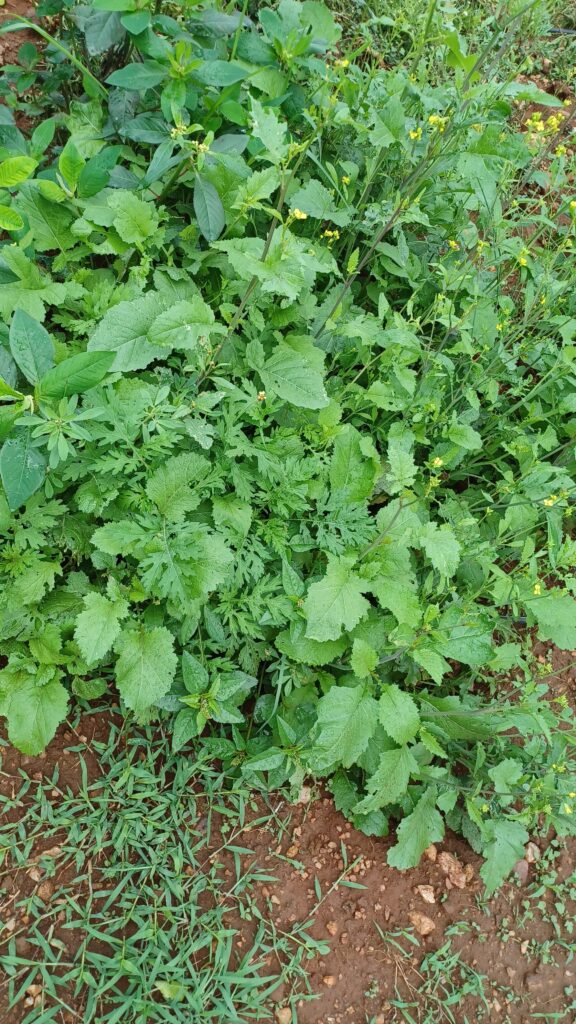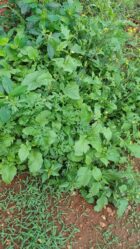If you’re looking to start a sustainable garden, perennial vegetables are the perfect choice! These plants continue to yield crops year after year, making them a low-maintenance and eco-friendly option. In this blog, we break down everything you need to know about growing and caring for perennial vegetables in India.

Here’s a quick guide to help you make the most of your perennial crops:
- Which Perennial Crop to Grow?
Popular options include drumstick (Moringa), sweet potato (Shakarkand), Malabar spinach (Basella), turmeric, ginger, and asparagus. These vegetables thrive in India’s diverse climate and offer a variety of nutrients. - Which Season is Best?
Most perennial vegetables grow best in India during the summer and monsoon seasons when the weather is warm and the soil is rich in moisture. Some crops like sweet potato prefer warmer months, while others like Malabar spinach do well in the monsoon. - How Much Water is Needed?
Perennial vegetables generally need moderate watering. Crops like drumstick and sweet potato are drought-resistant, while turmeric and ginger need consistent moisture. Be sure to keep the soil evenly moist but not waterlogged. - How Can Talking Soil Help?
CocoWing’s Talking Soil is an excellent growing medium for perennial vegetables. It improves soil structure, ensures optimal moisture retention, and provides essential nutrients, reducing the need for frequent fertilizing. - When to Harvest?
Harvesting times vary: Moringa leaves can be picked after 2-3 months, sweet potato is usually ready in 6-8 months, while turmeric and ginger are harvested after 8-10 months. - Nutritional Value of These Crops?
Perennial vegetables like drumstick and sweet potato are rich in vitamins, minerals, and antioxidants. Moringa is packed with iron, calcium, and vitamin C, while turmeric is known for its anti-inflammatory properties.
Growing perennial vegetables is an easy and rewarding way to build a sustainable garden while improving your health. Embrace these plants for a consistent harvest and a greener future!






